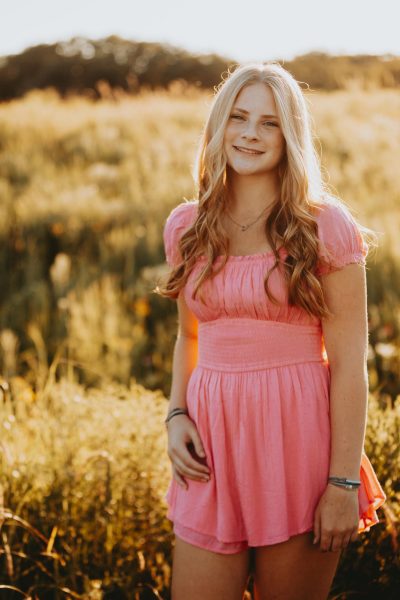Column: Informational Imani
Animals in Sanctuaries: Did COVID affect them in Kenya?
COVID-19 has affected people, businesses, countries, and governments. All these are big things, but what about the small things? The animals that live in enclosed land are more free than the ones in the zoo, but are they safer? These animals are harder to keep track of. They may be more susceptible to diseases or viruses, and they might not get treated on time either. Many people from all over the world go to see them, and they might bring foreign bacterias with them too.
According to the Washington Post’s article “Coronavirus is crushing tourism-and cutting off a lifeline for wildlife,” coronavirus travel restrictions mean the humans have suddenly vanished, and along with them a billion-dollar tourism industry that employs millions and underpins a symbiotic human-wildlife ecosystem — the private conservancy — that is essential to wildlife conservation in many African countries.” The pandemic ends up worsening things for the animals in more ways than just one. Tourism is in danger which ultimately puts the animals in danger.
With limited funding, animals don’t have the resources they need to survive, and if the pandemic does affect wildlife in a physical manner, the low funding could cause the companies to have to let the animals go, especially the bigger ones like elephants and buffaloes.
Kenya’s Tourism Ministry said, “By late June, tourism operators had lost more than $750 million in 2020, and 82 percent said they had put employees on unpaid leave.” From the Washington Post, Mr. Max Bearak points out yet another problem COVID has brought upon the sanctuaries. With the employees going unpaid and the companies losing money, getting people to work for them will be much harder after COVID. With that amount of money lost, they’ll have to start lowering pay, and employment will be scarce.
“The entire tourism sector is out of business,” said the minister, Najib Balala. “We are on our knees. Thirty years of hard work … being undone,” wrote Bearak. This problem has spread to other sanctuaries as well. The work they have done to nurse animals back to health and keep them safe within the walls of the parks is rapidly deteriorating with the spread of COVID. With animals now in jeopardy from the pandemic that has cut off their source of income and even taken away rangers who were familiar with said animals, it’s vital we end this pandemic as soon as possible. We must follow rules our health department gives us. The only way to end this is to work together.



